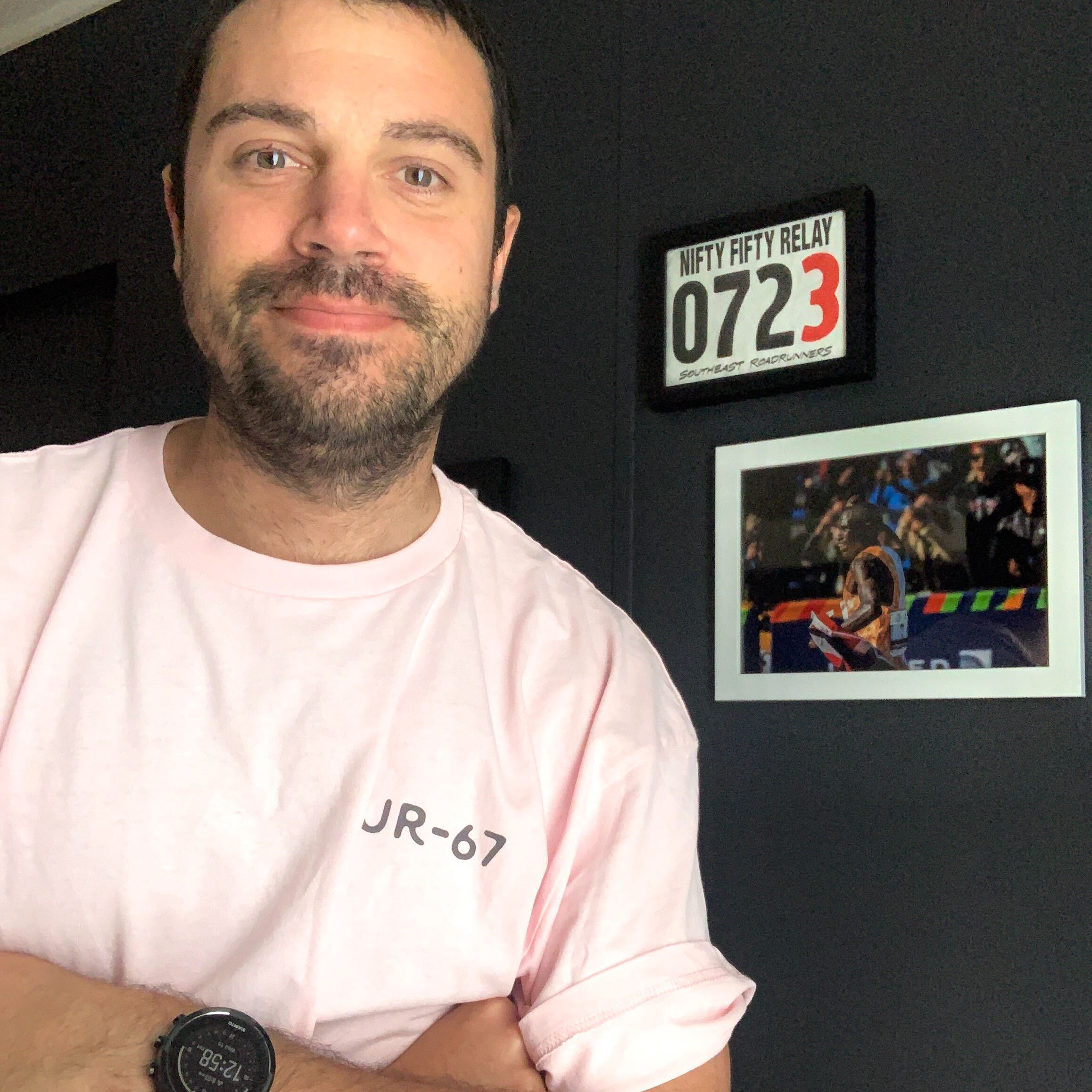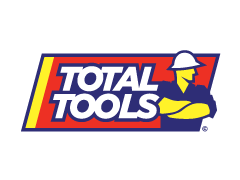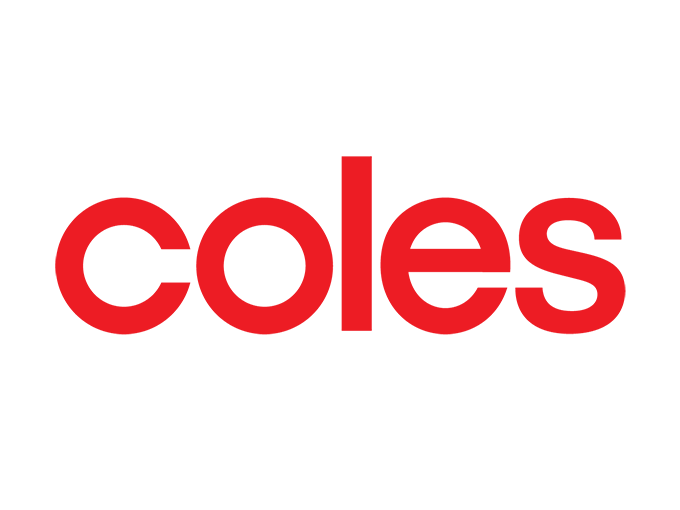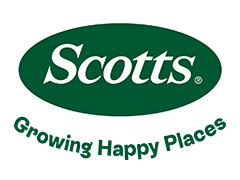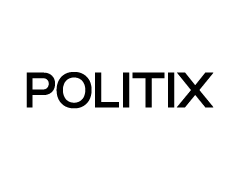The focus on numbers and statistics can make it easy to forget that people are at the centre of the COVID-19 pandemic. But every number funnels back to a single person. A name, a face and a story. Someone’s Pop, Dad, son, brother or friend.
One such face is Kieran Ryan - or Kizz as he’s better known - Movember’s Head of Corporate in Australia. Kizz tested positive to COVID-19 and has since made a full recovery. Here’s his story, and his view on the importance of social connection in helping him get through a tough time.
So what happened?
After an impromptu decision to travel to the USA to run in the LA Marathon in early March, I observed that this virus was escalating to something we really needed to watch, with a noticeable change in how people were interacting and behaving.
When I was in New York, a friend and I went to the Jimmy Fallon Tonight show. She came to the show with surgical gloves in her pocket and sanitiser basically strapped to her hip.
Soon after returning to Australia on March 15, I started to experience some minor symptoms. Despite not being mandated by the Australian Government as yet, Rach my manager, the Country Director of Movember Australia and I made the decision that I should stay clear of the office for a few weeks – a decision that probably prevented much more significant consequences, maybe even saved lives.
Self-isolating at a rural property near where I grew up in in Country Victoria, my symptoms started to become more severe.
I woke up in the morning, I was sweating and I thought ‘hang on a minute’, I jumped online and looked at signs and symptoms of Coronavirus and thought ‘shit, I tick a couple of boxes here’.
Navigating a regional health system that hadn’t yet experienced a case of Coronavirus was pretty confusing. At that stage, I wasn’t sure if I needed a referral from my doctor to get tested, and then there was an almost clandestine process of collecting the referral paperwork from outside of the clinic. The test eventually took place and I’d hit a ‘winner’, with a positive test, which wasn’t ideal.
But up front I wanted to make sure that the staff who had to deliver the prognosis were OK themselves.
It was actually one of the first times that the clinic had actually had to deliver this news – that someone tested positive, so I thought ‘hey, why don’t we make this the best experience we can. You might have to do this a few more times and there’s nothing I can do about the news you’ve just given me, so let’s do what we’ve gotta do to make this pleasant’.
Shortly afterwards I got a call from the Department of Health. Their immediate concern was trying to confirm who I had been in contact with so that everyone could be appropriately advised and tested if necessary. I used my bank transactions as a starting point to identify where I had been.
It took a while for reality to hit me. In the next couple of weeks, there were many calls from the Department of Health, and I have to credit the healthcare workers for their level of care and attention, which was outstanding, nothing short of first class.
What did life look like in total physical isolation?
It was interesting because I’m very sociable. I love being around people. I get a lot of energy and a lot of my kicks from being around people. Life in total isolation? You starve for some sort of connection or some sort of contact.
Not only are you trying to fight off this virus that the world has never seen before. You’re also doing housework, and feeling kind of shit and sorry for yourself. You hang out for those text messages from friends that are checking-in, that you’ve shared the news with.
My parents are in the at-risk category so they were doing a grocery drop to me once a week. You sort of hang out to see them through a window, to wave to.
How important was that connection from friends and family?
Incredibly important. The value of connection and the value of the relationships that you have with people - I think I’ve taken it for granted for a long time. It certainly highlighted to me the importance of friends, family and connection.
Because you’re in isolation, to know that somebody’s thinking of you - that goes a long way.
Where did you look for information and what kind of information was there for you?
I took the information from the Department of Health as ‘gospel’ in an environment where there are so many sources of information available.
The care that I got from the Department of Health and the COVID clinic was phenomenal. I got a daily call from the COVID clinic and a call every second day from the Department of Health. They were my source of information.
From a mental health perspective as well, for me, not consuming so much information – I found really worked wonders for me, just having that one source.
How did the news and social media impact you?
It presented its own set of challenges. I actually made a conscious decision to keep the TV turned off while I was recovering where I grew up, which is a small country town. The local newspaper ran a story that a second case of COVID 19 had been diagnosed in the Northern Grampians Shire.
And granted they didn’t name me – but reading commentary about that was pretty tough. People within this community that I know were commenting on this post and wanting the name of the towns where cases were named.
It makes you think about how amazing small communities can be, but also what fear and misunderstanding of something can do to a community as well. I had to jump off social media.
What do you think your biggest learning out of this has been?
I went through a couple of really dark days, as I was faced with the prospect of my mortality. At one stage I called a lawyer friend to help sort out my affairs. I didn’t have a will and I was worried that I’d leave my parents without a clear expression of my wishes. I even went as far as to call a few mates to see if they’d be willing to carry my coffin if the worst happened.
It’s weird where your head goes when you’re in a shit spot.
I’ve learned that I need to tell more people that I love them more regularly, to be honest.
I need to be more vocal with my thoughts and feelings especially to those people who mean so much to me in life and not take for granted that you’re going to see them tomorrow.
What would you say to friends and family who are supporting someone who has tested positive?
Keep your distance! I know when I told my parents the first thing they wanted to do was jump in a car and come out here and give me a hug. I was like ‘no, please, the best thing you can do for me is keep your distance’.
So what do you say to those people that are wanting to help?
For somebody that’s going through it, because they are isolated, and if they are on their own – that social contact is so important. Just having friends reaching out to listen and to fill time was the most valuable support.
Because that’s what it is. It’s a time game. It’s your immune system that’s trying to kick this thing and it can be quite lonely.
My parents would call me at 5.30pm every night so something I would start to look forward to. Even though some days I would just answer the phone and say 'thanks for calling I’m not really up for chatting'. Just knowing that they were there makes a world of difference.
So, will this change the world?
I would love to see it change the world in bringing people closer together.
